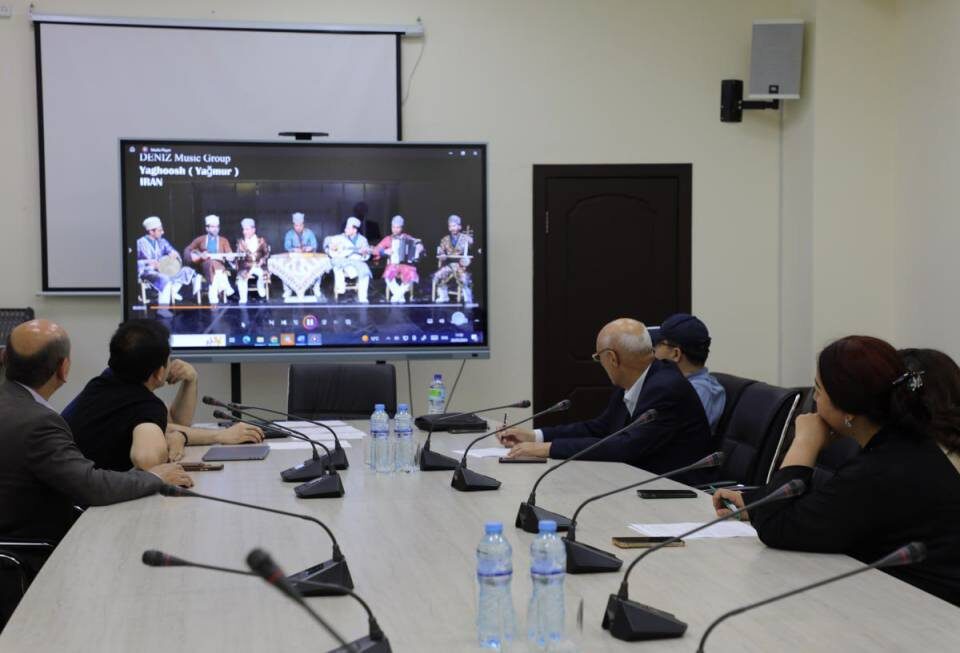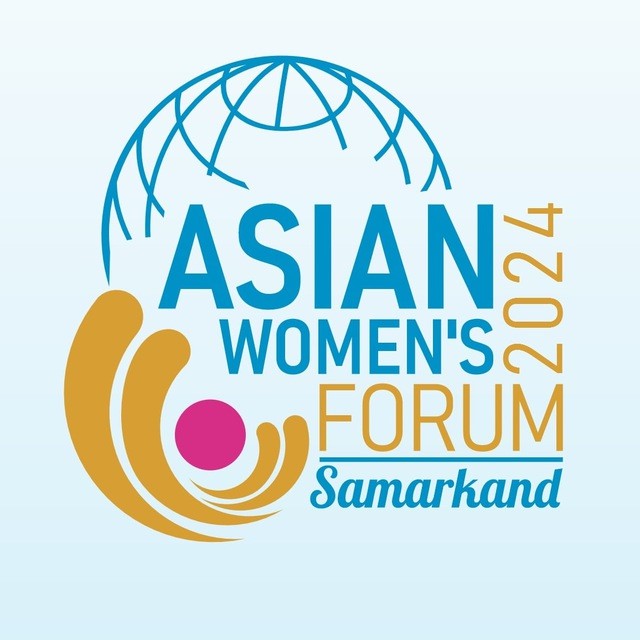People say that music has always been the universal language of mankind. Walking from the depths of centuries, its inexplicably embodied in herself a creative power that ennobles the soul. In the peoples of the ancient East, this spiritualizing beginning is embedded in the traditional classical music-vocal genre of poppy.
Maqom as an original genre was formed during the mature Middle Ages and includes instrumental and vocal works and cycles of vocal-instrumental works. It is distinguished by a very developed melody, a complex form and perfect technique of performance, available only to professionally trained musicians and singers.
Maqom (from the Arabic “maqam”) means a melody, a work. In the musical culture of the Near and Middle East poppy became a leading genre; it is a living spiritual heritage that is preserved and enriched in the artistic culture of many peoples. These are Arab makams, Azerbaijani mughams, Uighur mukams, Iranian dalhagas, Uzbek-Tajik makoms, Maghreb nuba, Turkish and Iraqi makamas and others, all of which were collectively named “Eastern makomat”. This is due to the fact that the names of maqom are identical – the composition of the cycle, structure, musical patterns and features of execution are close to each other. They are distinguished by the uniqueness of performing, receptions, dialects and systematization of the cycle. Uzbek-Tajik shashmak, Azerbaijani mugham, Uighur martyrdom are recognized by UNESCO as “Masterpieces of the Intangible Cultural Heritage of Humanity” and included in the World Representative List of UNESCO.
In Uzbekistan, “Uzbek maqoms” means shashmakom cycles, Khorezm maqoms and Ferghana-Tashkent maqoms, as well as separate maqom cycles for the dutar and the stern, separate maqom instrumental and vocal works. Now they are included in the repertoire of professional and amateur performers and maqom ensembles. They are mastered as a traditional method of teaching “Ustoz-Shogird”, and in musical and educational institutions of the republic.
You can listen to poppies indefinitely, because each overflow is unique, it fascinates and calms at the same time.
In accordance with the Resolution of the President of the Republic of Uzbekistan “On Measures for the Further Development of Uzbek National Poppy Art” of November 17, 2017, a number of specific measures are envisaged in the promotion of this genre of music, which serves to strengthen national self-consciousness, foster the upbringing of the younger generation in the spirit of high moral values .
According to the decree, in order to fully study this art form, the development of associated performing schools and traditions, the creation and enrichment of the “golden fund” of poppy, and its wide propaganda, including abroad, the Center for Uzbek National Arts has been established.
In addition, according to the document, starting from this year in Shakhrisabz, the International Macro-Art Forum will be held once every two years. The choice fell not accidentally. After all, Shakhrisabz is one of the oldest cities in the world, located on the Great Silk Road. It is famous for a large number of architectural attractions, and the historic center of the city is included in the UNESCO World Heritage List.
An original kind of art is revered and far beyond the borders of Central Asia, where it is common. For example, in New York in February 2018, the IV International Music Festival “Shashmaqom Forever” (Shashmaqom Forever), dedicated to the 120th anniversary of the birth of the great cultural figure, Uzbek composer and academician Yunus Rajabi took place.
And the first International pop art forum in Shakhrisabz, scheduled for September 6-10 this year, with the participation of leading representatives of the genre and scientists from different countries of the world promises to become a bright, memorable festival of culture, high art, the embodiment of the deepest humanistic values, sincere and timeless feelings rights. This unique holiday, the triumph of universal aspirations will also serve the rapprochement of peoples through the unique achievement of humanity – the music of the soul.

























